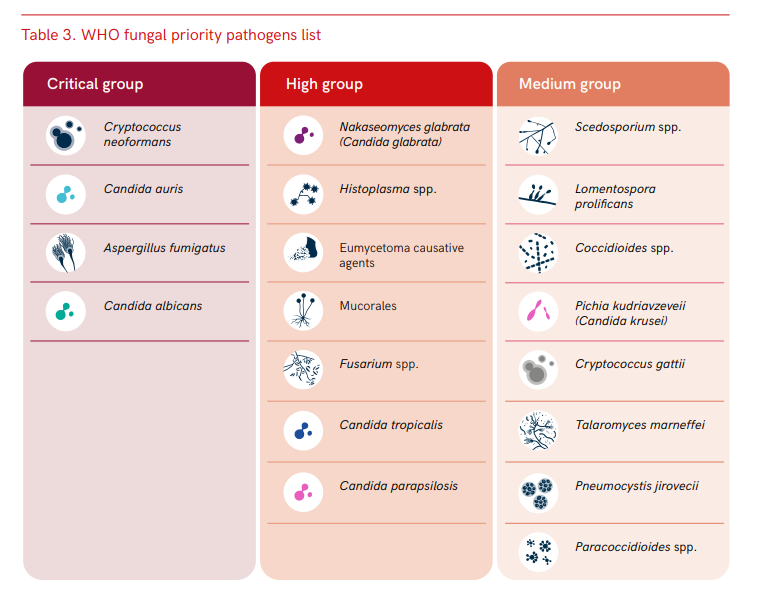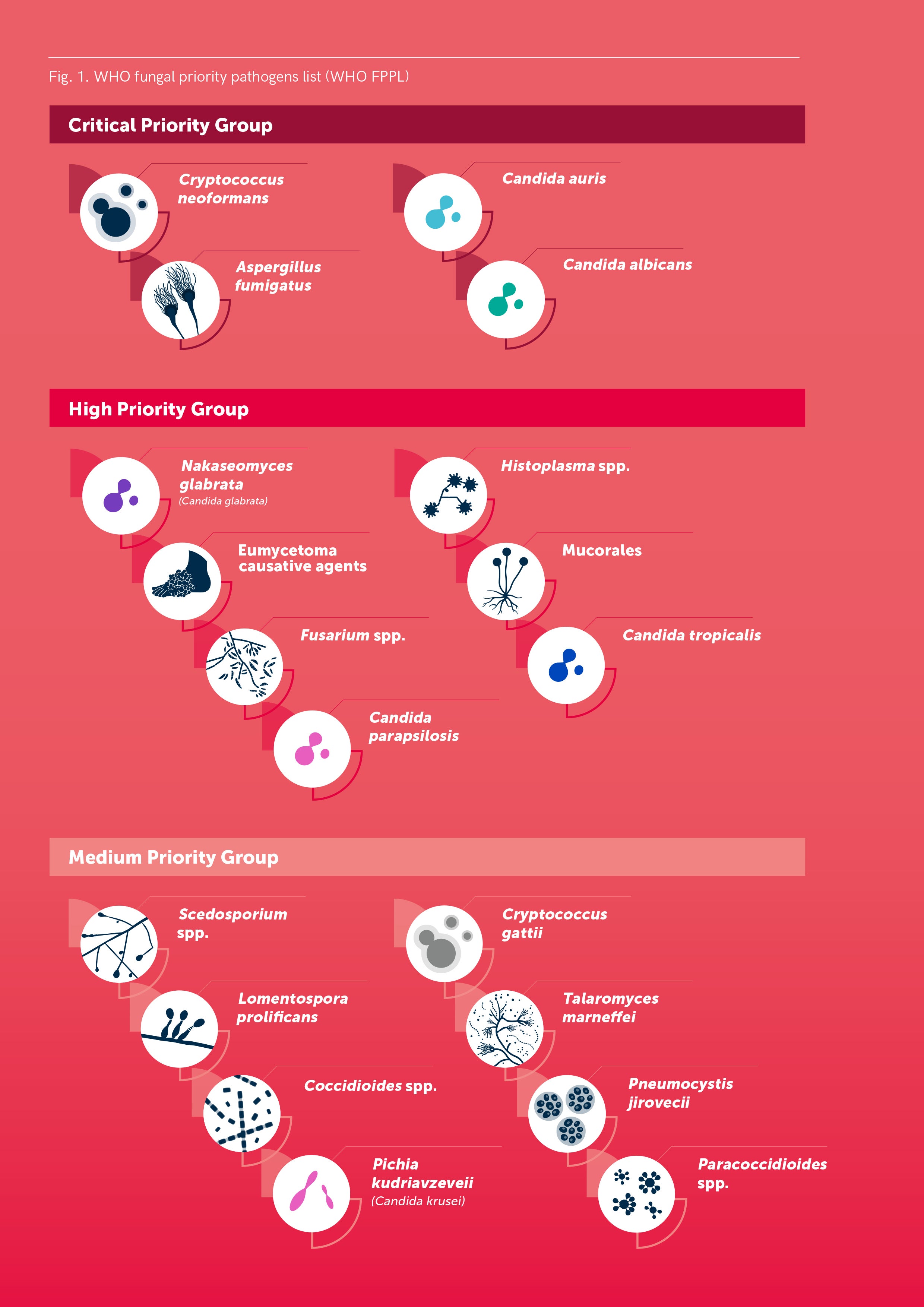WHO publishes first ever list of fungal infections that pose ‘major threat’
Drug-resistant bacterial infections are now responsible for roughly 1.27 million deaths every year
Your support helps us to tell the story
From reproductive rights to climate change to Big Tech, The Independent is on the ground when the story is developing. Whether it's investigating the financials of Elon Musk's pro-Trump PAC or producing our latest documentary, 'The A Word', which shines a light on the American women fighting for reproductive rights, we know how important it is to parse out the facts from the messaging.
At such a critical moment in US history, we need reporters on the ground. Your donation allows us to keep sending journalists to speak to both sides of the story.
The Independent is trusted by Americans across the entire political spectrum. And unlike many other quality news outlets, we choose not to lock Americans out of our reporting and analysis with paywalls. We believe quality journalism should be available to everyone, paid for by those who can afford it.
Your support makes all the difference.The World Health Organisation has published its first ever list of lethal fungal infections that represent a threat to public health.
Experts have noticed an increase in deadly fungal disease, with drug-resistant bacterial infections now responsible for roughly 1.27 million deaths every year.
“Fungal pathogens are a major threat to public health as they are becoming increasingly common and resistant to treatment,” the WHO said.
The infections can spread in hospitals and have become more prevalent over the past few years.
Incidence of comorbid aspergillosis, candidemia and mucormycosis - also known as black fungus - rose during the Covid pandemic.
Black fungus is a fast-moving infection that can attack someone’s lungs, brain and sinuses and affects people with a weakened immune system.
India was particularly affected by the disease during Covid and it is thought that the overuse of steroids used to treat severe Covid may have contributed to this.

The growth in fungal infections in general is also thought to be linked with an increase in drugs that dampen the immune system.
The types of fungal infections listed often affect severely ill patients and those with significant underlying problems with their immune system.
Those at greatest risk include people with cancer, HIV or AIDs, organ transplants, chronic respiratory disease or tuberculosis.
“Emerging from the shadows of the bacterial antimicrobial resistance pandemic, fungal infections are growing, and are ever more resistant to treatments, becoming a public health concern worldwide,” said Dr Hanan Balkhy, WHO assistant director-general, antimicrobial resistance, said.

More data and research is needed to understand how to treat this growing threat, the WHO warned.
In its new report, the WHO warns that there is only limited access to quality diagnostics and treatment for these developing fungal diseases.
Medicines are often unavailable in low and middle income countries, leading to increased deaths among these populations.
One deadly fungal pathogen, Candida auris, which is resistant to multiple drugs, is particularly difficult to eradicate from hospitals - even with intensive infection prevention measures, the WHO said.
This means hospital wards often have to be shut down for prolonged periods of time when Candida auris is detected.
Agricultural use of anti-fungal treatments is also fuelling dangerous diseases.
“Countries are encouraged to follow a stepwise approach, starting with strengthening their fungal disease laboratory and surveillance capacities, and ensuring equitable access to existing quality therapeutics and diagnostics, globally,” Dr Haileyesus Getahun added.



Join our commenting forum
Join thought-provoking conversations, follow other Independent readers and see their replies
Comments